Is it grammaticaly correct to place a comma after "and"?You may be familiar with how to use commas, but a comma can serve many purposes Here are a few examples of when to use a commaThe verb want must agree with the noun preceding as well as in this case John, as well as Mary, wants to drop the course correct In other words, when as well as is part of the subject, the verb must agree with the noun before as well as Verbs after as well as come in –ing form When we put a verb after as well as, we use the ing form of the verb (This might sound really strange to a nonnative speaker, but the grammar books agree on this)
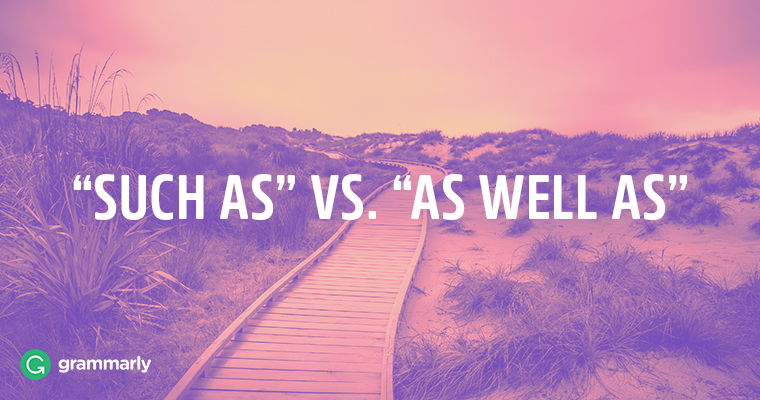
How To Use Such As And As Well As In Professional Writing Grammarly Blog
Comma use after as well as
Comma use after as well as-Notice that there's no verb after "because" When because relates to a clause (ie contains subject and verb), then it's a conjunction I was promoted because I am competent As an adverb, because is not preceded by a comma Example I was arrested because of my inebriation The meaning is clear without a commaCommas are needed before coordinating conjunctions, after dependent clauses (when they precede independent clauses), and to set off appositives The Oxford comma reduces ambiguity in lists Visit



Fxuy Pages 51 100 Flip Pdf Download Fliphtml5
Whether a comma is needed before or after certain words is a common grammar question This is understandable if you try to memorize set rules for each word What's more useful is to understand the actual purpose a word, phrase or clause has in a sentenceSentence examples 1 Hatred is blind as well as love 2 Business makes a man as well as tries him 3 Love lives in cottages as well as in courts 4 Fair words and foul deeds cheat wise men as well as fools 5 There is a holy, mistaken zeaComma Between Direct Quote and Attributive An attributive tag is a phrase like "he said" or "she claimed" that identifies the speaker of a quote or piece of dialogue Attributive tags can come before, after, or even in the middle of a quote Use commas to separate attributive tags from quotations
The most important thing to remember when using "such as" and "as well as" in professional writing is that they generally don't require commas unless they are part of a nonrestrictive clause Using commas with them might change the meaning of the whole sentenceMost authorities, including The Associated Press Stylebook and The Chicago Manual of Style, recommend a comma after the first digit of a fourdigit number The exceptions include years, page numbers, and street addressesThe comma before as well In contrast, if you do a similar search on COCA for as well, almost none of the hits come with a preceding comma for academic sources, 5991 (95%) are without a comma, and 3 (5%) are with The one exception in the preceding list is Arts and crafts projects can easily coordinate with the theme of the projects, as well
As a conjunction, "as" is equivalent to "because" Do use a comma when "as" can be substituted with "because" The megaproject went billions of dollars over budget, as the cost of cement was unexpectedly increased However, we do use a comma for the above when it's written as an appositiveThe comma before as well In contrast, if you do a similar search on COCA for as well, almost none of the hits come with a preceding comma for academic sources, 5991 (95%) are without a comma, and 3 (5%) are with The one exception in the preceding list is Arts and crafts projects can easily coordinate with the theme of the projects, as wellThough too would rarely be used at the beginning of a sentence, if it were, it would not take a comma after it Also, on the other hand, when it occurs at the beginning of a sentence, is a conjunctive adverb of more than one syllable and needs a comma Also, we will take a look at his health Happy punctuating!



How To Use Such As And As Well As In Professional Writing Grammarly Blog



4 Ways To Use Therefore In A Sentence Wikihow
Do not use a comma before an essential or restrictive clause, that is, a clause that limits or defines the material it modifies Removal of such a clause from the sentence would alter the intended meaning The switch that stops the recording device also controls the lightPatrizio Franchin, London, UK If, for example, the word 'and' precedes a clause beginning 'although', you usually put a comma after it and,Many writers add a comma before the word "too" (when it is intended to mean "also" or "as well") because that's how they feel it would sound most natural if read aloud Remember that commas are used to indicate brief pauses between words



How To Remove Text Before Or After A Specific Character In Excel Trump Excel



How To Use Otherwise In A Sentence Video Lesson Transcript Study Com
The verb want must agree with the noun preceding as well as in this case John, as well as Mary, wants to drop the course correct In other words, when as well as is part of the subject, the verb must agree with the noun before as well as Verbs after as well as come in –ing form When we put a verb after as well as, we use the ing form of the verb (This might sound really strange to a nonnative speaker, but the grammar books agree on this)The correct commas after date rule is based on what type of date is used in the sentence If you have the monthdateyear format, a comma is always required after the year If you just have a month and a year or a month and a day, using commas after dates depends on contextThe key here is that the information following the phrase "as well as" doesn't make the subject plural Pat has written about this on page 49 of Woe Is I "Phrases such as accompanied by, added to, along with, as well as, coupled with, in addition to, and together with, inserted between subject and verb, don't alter the verb
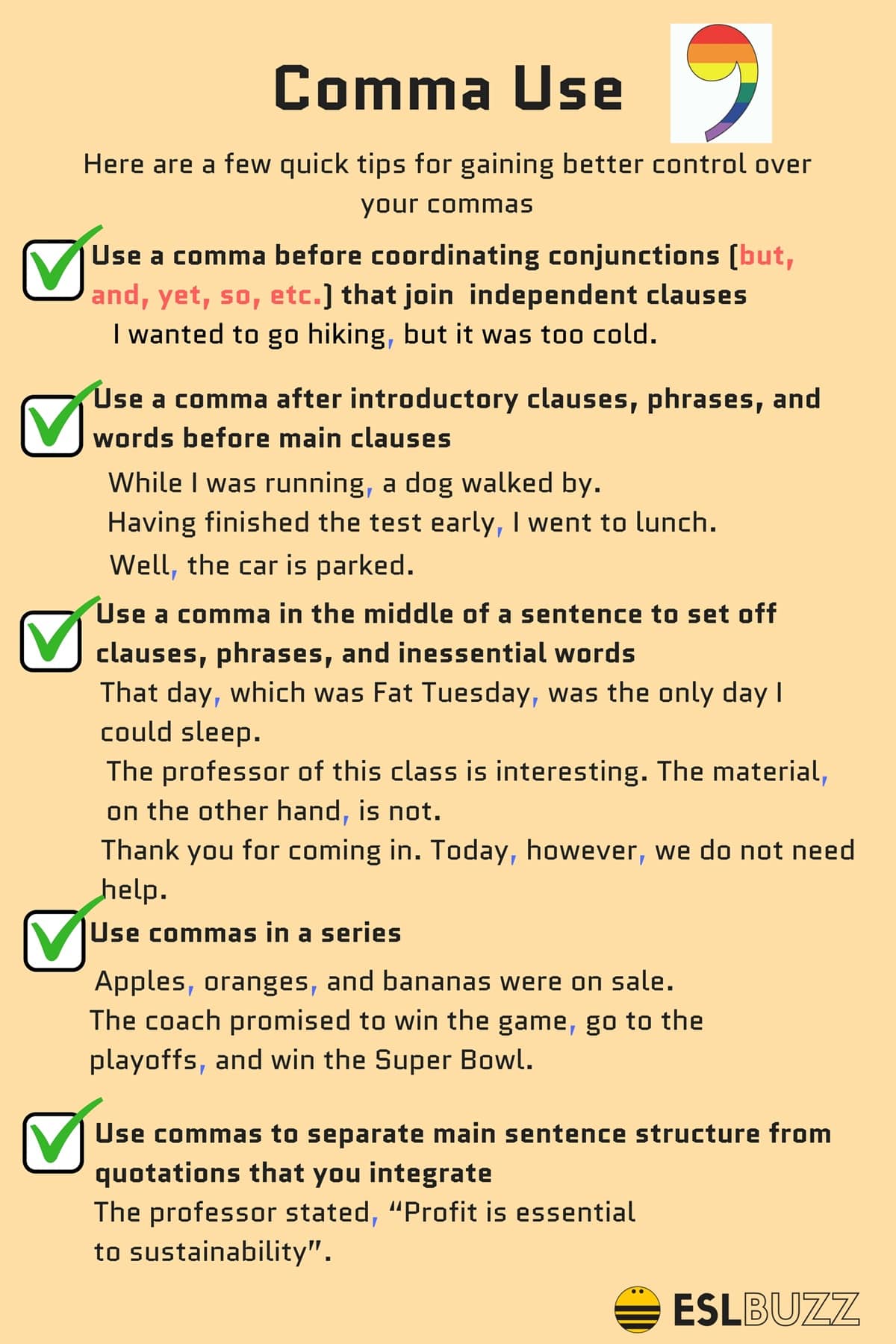


Comma Rules 8 Rules For Using Commas Correctly Eslbuzz Learning English



When Do You Use A Comma Before Including Or Such As By Ediket Medium
Do not use a comma when using a phrase like "as well as," in which the clause is essential and restrictive The new policy applies to faculty as well as staff Do not use commas after a man's name if he is a "Jr," "Sr" "II," "III," etc Wrong Dr Martin Luther King, JrWhen "as well as" is used as a conjunction (ie in place of "and"), there is no need to use commas before or after the phrase Moreover, it should always be used with a singular verb Therefore, in your example, the correct way of writing is "John as well as Raju is involved in this project"Tip you need a comma after the date as well, it will separate it from the rest of the sentence However, if your date consists only of day and month, you don't need to use a comma as a separator Rule #10 You need to use commas with titles If you write a person's name followed by his or her title, you need to put one comma before it, and one after to separate it from the remainder of the sentence Kimberly Johnson, a TV host, is now running for a major in her home town Rule #11
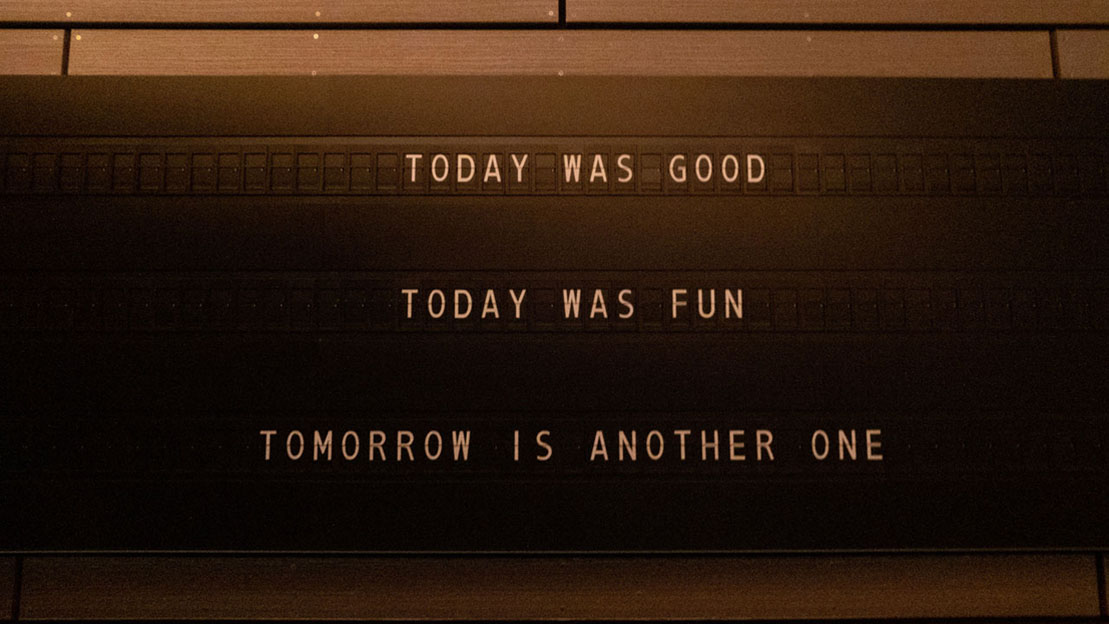


Grammar Should You Put A Comma After Introductory Words Such As Now Today Etc Victory Academy



Ppt Use Of Comma After Introductory Participial Phrase Powerpoint Presentation Id
Since you can substitute "and" for "as well as," no comma is needed As well as tuba, he also plays trombone Here, you need a comma after the prepositional phrase It's not essential to the main clause The banker counts as well as he whistles In a simple comparison, there's no need for a comma The phrase is essential to the meaning of the entire sentence They enjoy New York and Boston, as well as Los AngelesHi, If at the beginning of a sentence you would use a comma (,) after the phrase if used in the middle of a sentence and both sentences would stand alone it would include a semi colon before the phrase and comma after the phrase If only one sentence would stand alone you would use a comma before the phrase onlyAs well (as) English Grammar Today a reference to written and spoken English grammar and usage Cambridge Dictionary
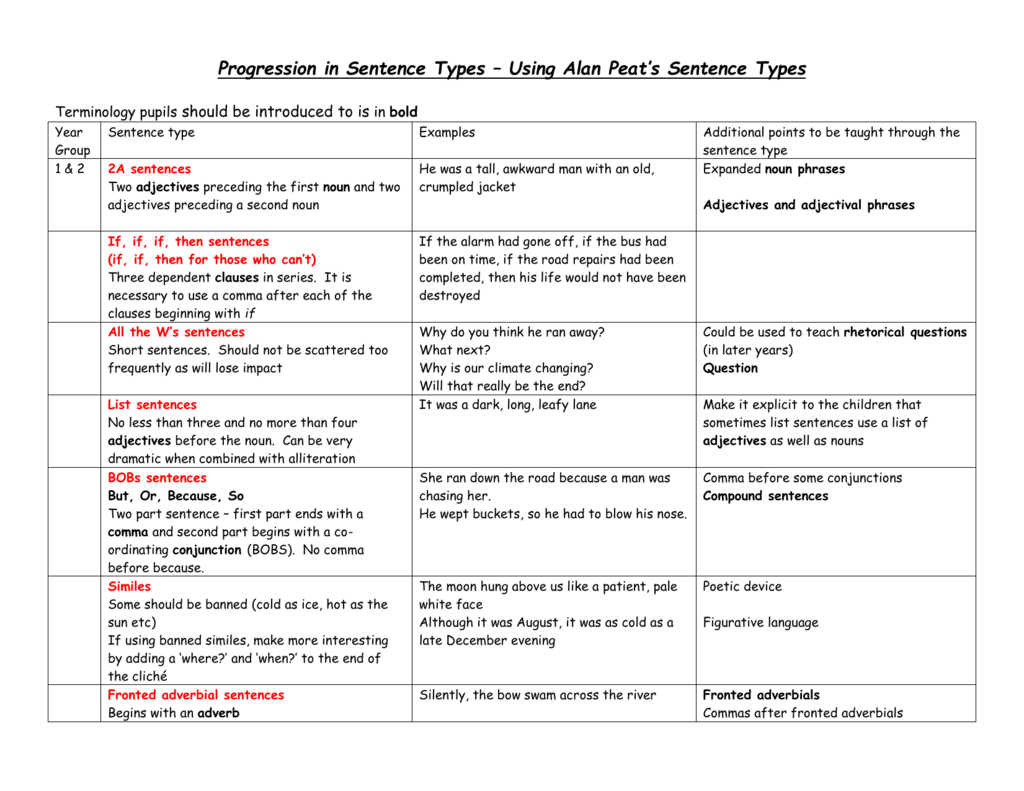


Progression In Sentence Types Fiction



As Well As Comma Does As Well As Need A Comma 7esl
Well is an introductory word that a comma should separate from the rest of the sentence In sentence A, there is no comma after well In sentence B, the first comma is correct, but the second well shouldn't be separated from the rest of the sentence because it's not an introductory word About the Book AuthorCommas don't have to be confusing After all, you know what a comma is the punctuation used to mark a division in a sentence, like the separation of words, phrases, a clause, or a sequence And commas often accompany a conjunction, which is a word that connects phrases, clauses, or sentences (eg, and, because, but, and however) or any other words or expressions that provide a similar function (eg, in any case)More about "However" The word "however" is a conjunctive adverbOther conjunctive adverbs are "furthermore," "consequently," and "as a result" Here's the rule You cannot put a comma before a conjunctive adverb I know it is difficult, however, it is worth the trouble You must use a period (full stop) or — if you want a smoother transition between the two sentences — a semicolon


The Most Important Rules For Using Commas Without Looking Dumb



When To Use Commas Before Quotations
In this sentence, as well as Tommy is an aside–something that could go in parentheses Writing the sentence this way deemphasizes Tommy and puts the focus on Timmy Notice that you need one comma before the phrase and one comma after it Also notice that this sentence needs the verb is, not are, even though you mentioned both Timmy and TommyNo, you don't need a comma If you were putting something else after as well then it would be more appropriate to put a comma there such as "there is a Dalkey Island, as well as something else" NoCommas are a feature of sentence structure There is no word or phrase in English that requires one The formula "as well as" may appear properly with no commas at all, with one before or one



Comma Rules 1 3 Rule 1 Use A Comma To Separate Items In A Series Ppt Download
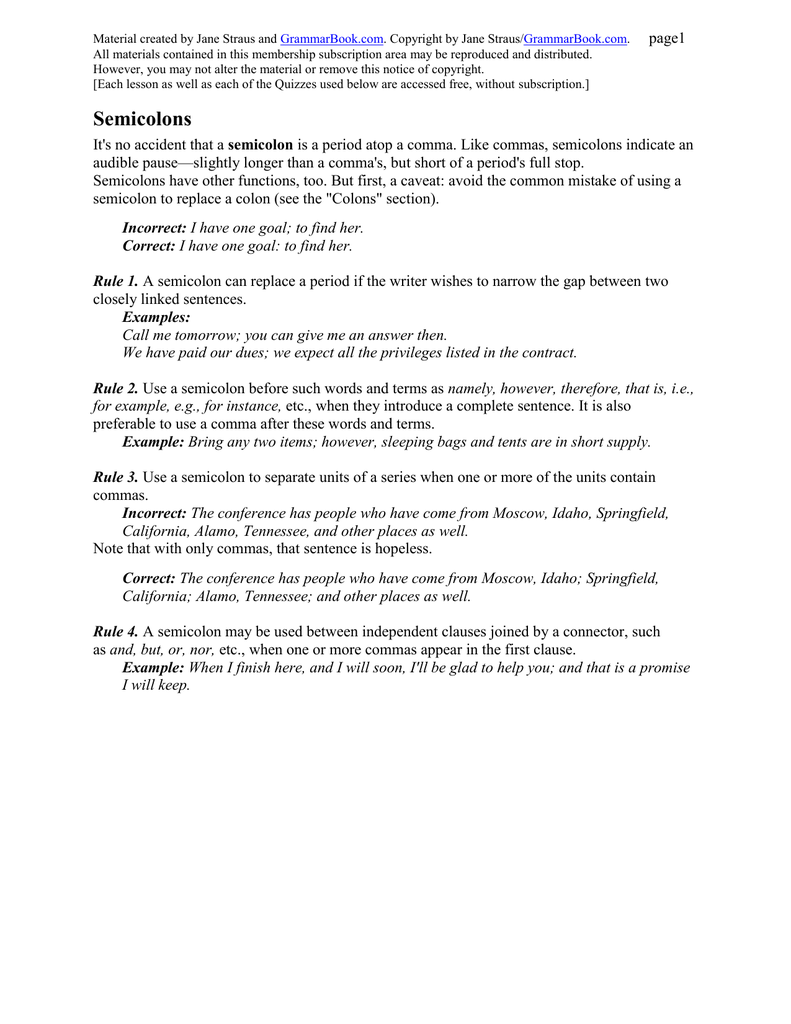


Semicolons And Colons Quiz 2
Those are words or phrases such as well, okay, and the like when they're being used to organize one's thoughts while speaking When you use now in that way, you want to set it off with commas Here's the word now used as both an adverb (first example) and a discourse marker (second example)The comma before as well In contrast, if you do a similar search on COCA for as well, almost none of the hits come with a preceding comma for academic sources, 5991 (95%) are without a comma, and 3 (5%) are with The one exception in the preceding list is Arts and crafts projects can easily coordinate with the theme of the projects, as wellAs well (as) English Grammar Today a reference to written and spoken English grammar and usage Cambridge Dictionary
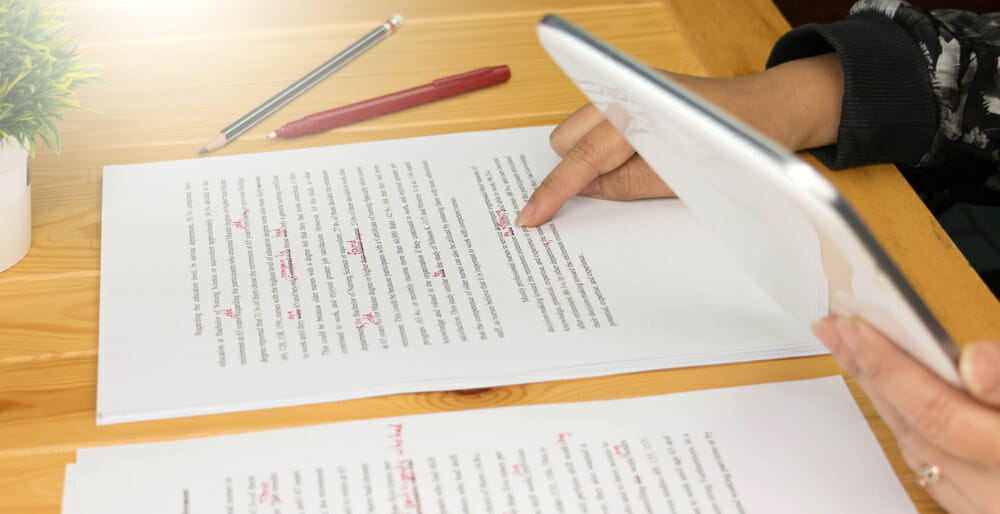


Oxford Comma This Lawsuit Shows Why The Serial Comma Is So Crucial



Comma Rules Punctuation Ppt Download
Expressions such as coupled with, as well as, along with, together with, not to mention, and others do not act as coordinating conjunctions Therefore, when you use these expressions to join one singular subject of a sentence with another noun or pronoun , you do not form a plural subjectWhen the "as well as" phrase is between the subject and verb, it is called an "intervening element" and always takes commas around it Third, the words "as well as" can be a conjunction, when it means "in addition" or "and," though it is not punctuated the same way as "and" because it is not a coordinate conjunctionDo not use a comma before 'which' if you could replace your 'which' with 'that' This trick works because 'which' without a comma is used to head a defining clause, just like 'that' This page has examples explaining when to use commas before 'which' and 'who' and when to omit commas It also has an interactive exercise
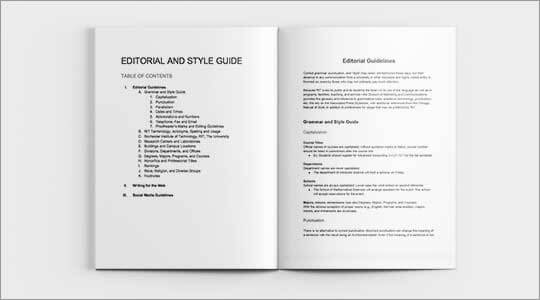


Editorial Guidelines Brand Elements Brand Portal Rochester Institute Of Technology



Comma After Hopefully The Definitive Guide
Another word for as well as Find more ways to say as well as, along with related words, antonyms and example phrases at Thesauruscom, the world's most trusted free thesaurusDec 18 08 anonymous Hi, If at the beginning of a sentence you would use a comma ( , ) after the phrase if used in the middle of a sentence and both sentences would stand alone it would include a semi colon before the phrase and comma after the phrase If only one sentence would stand alone you would use a comma before the phrase onlyNo, you don't need a comma If you were putting something else after as well then it would be more appropriate to put a comma there such as "there is a Dalkey Island, as well as something else"
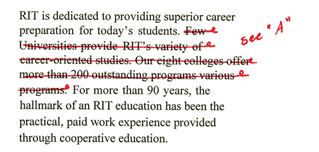


Editorial Guidelines Brand Elements Brand Portal Rochester Institute Of Technology
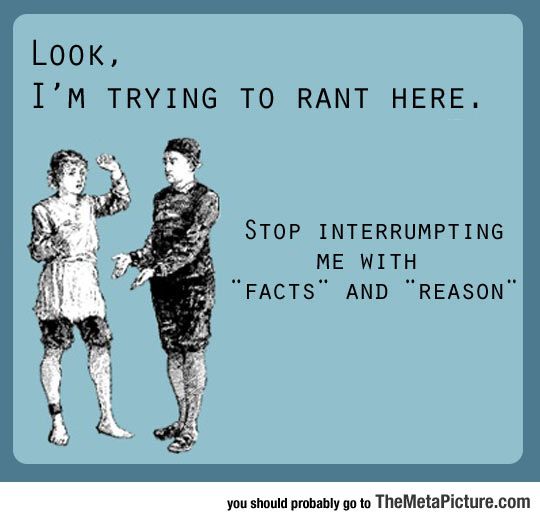


Using Commas To Set Off Words That Interrupt A Sentence Bigwords101
Sentence examples 1 Hatred is blind as well as love 2 Business makes a man as well as tries him 3 Love lives in cottages as well as in courts 4 Fair words and foul deeds cheat wise men as well as fools 5 There is a holy, mistaken zeaComma after "however" The comma after however is fairly easy to use compared to the former case This typically occurs when it functions as a conjunctive adverb that introduces a sentence, or when it connects a secondary independent clause A comma is always necessary after however in these two sentence structures However as a conjunctive adverbThere is no reason to use a comma with 'as well as' unless it is used as part of a nonrestrictive clause When a verb follows 'as well as,' you will use the 'ing' form of the verb 'As well as
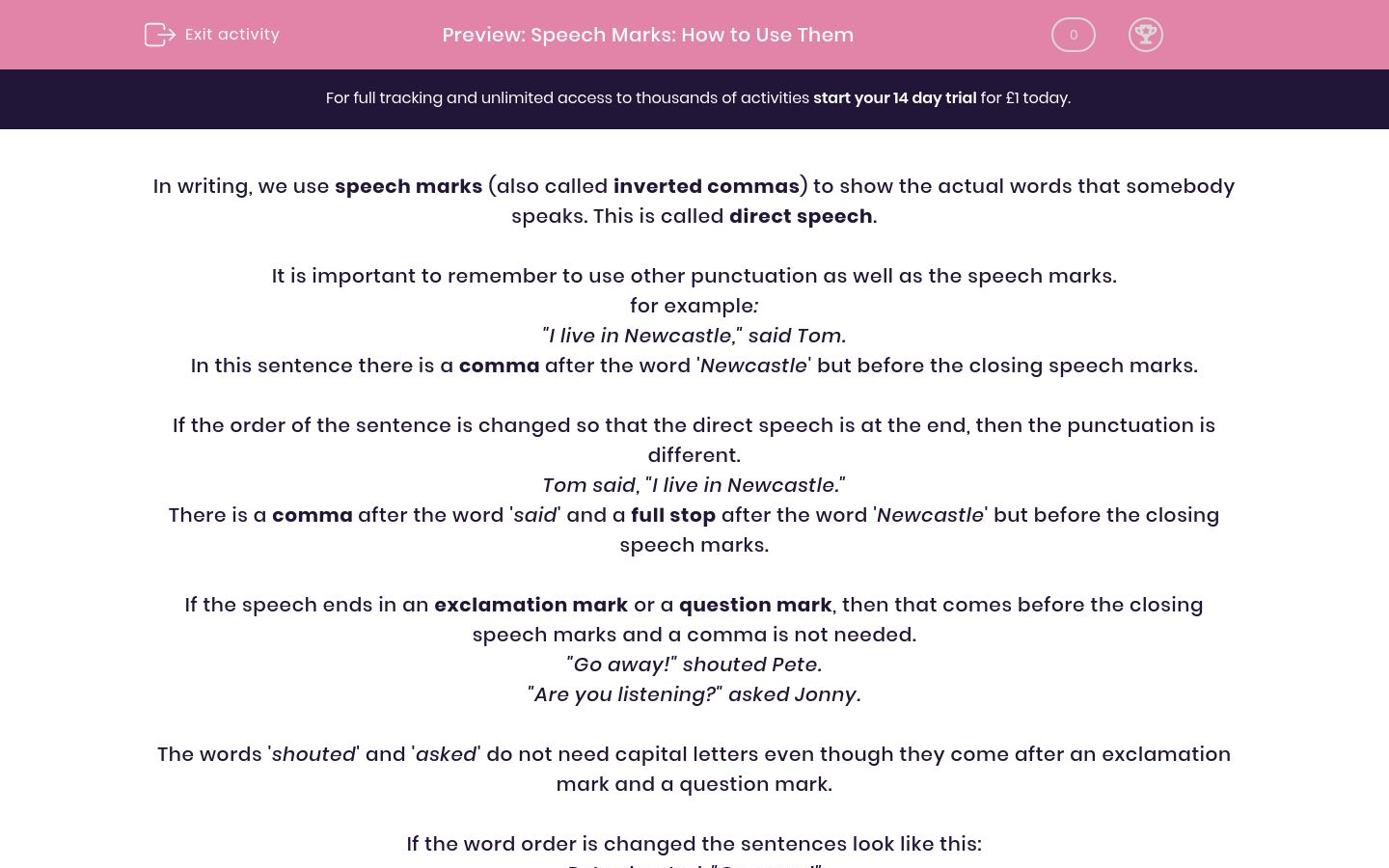


Speech Marks How To Use Them Worksheet Edplace
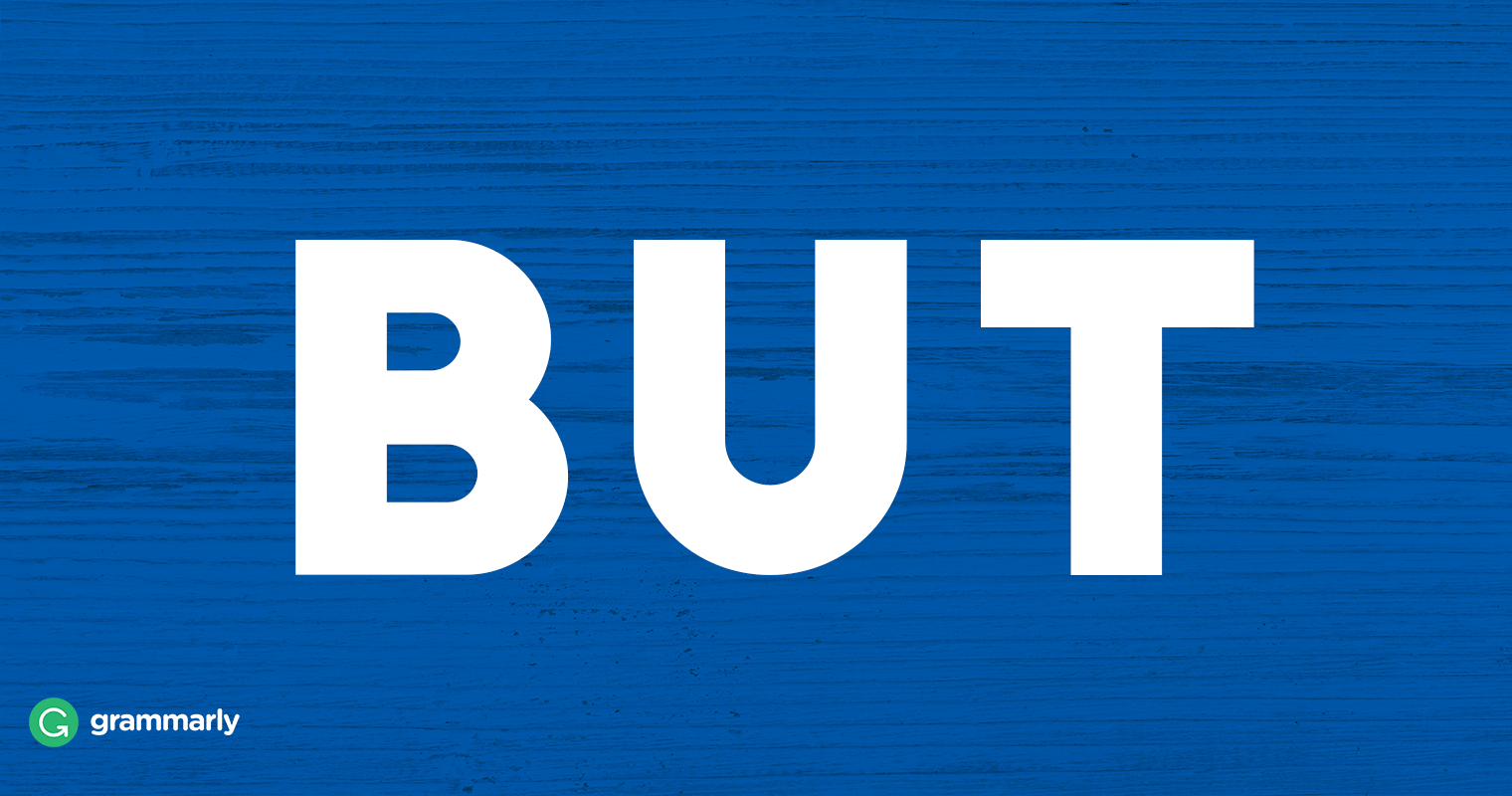


Comma Before But Grammarly Blog
Tip you need a comma after the date as well, it will separate it from the rest of the sentence However, if your date consists only of day and month, you don't need to use a comma as a separator Rule #10 You need to use commas with titlesThe use of the comma also applies when any of the seven coordinating conjunctions (and, but, or, nor, for, so, yet) join two independent clauses When one of the coordinating conjunctions is used to join two complete thoughts, a comma is placed before the coordinating conjunction If there are no two independent clauses, comma is not usedWe'll walk you through two situations in which you should (and should not) use a comma after "and" on the GMAT, as well as in your everyday communication with friends and colleagues alike 1 Comma



This Presentation Is Brought To You By Grammar



Should I Use A Comma After Interjections The Grammar Guide
Many writers add a comma before the word "too" (when it is intended to mean "also" or "as well") because that's how they feel it would sound most natural if read aloud Remember that commas are used to indicate brief pauses between wordsIf the information after "as well as" is nonessential or less important, a comma will be needed before the phrase For example, Kindly make us some boiled rice and fish curry, as well as soup A comma is usually used before and also after "as well as" if the information is not vital to the sentence's meaning and flow For example,
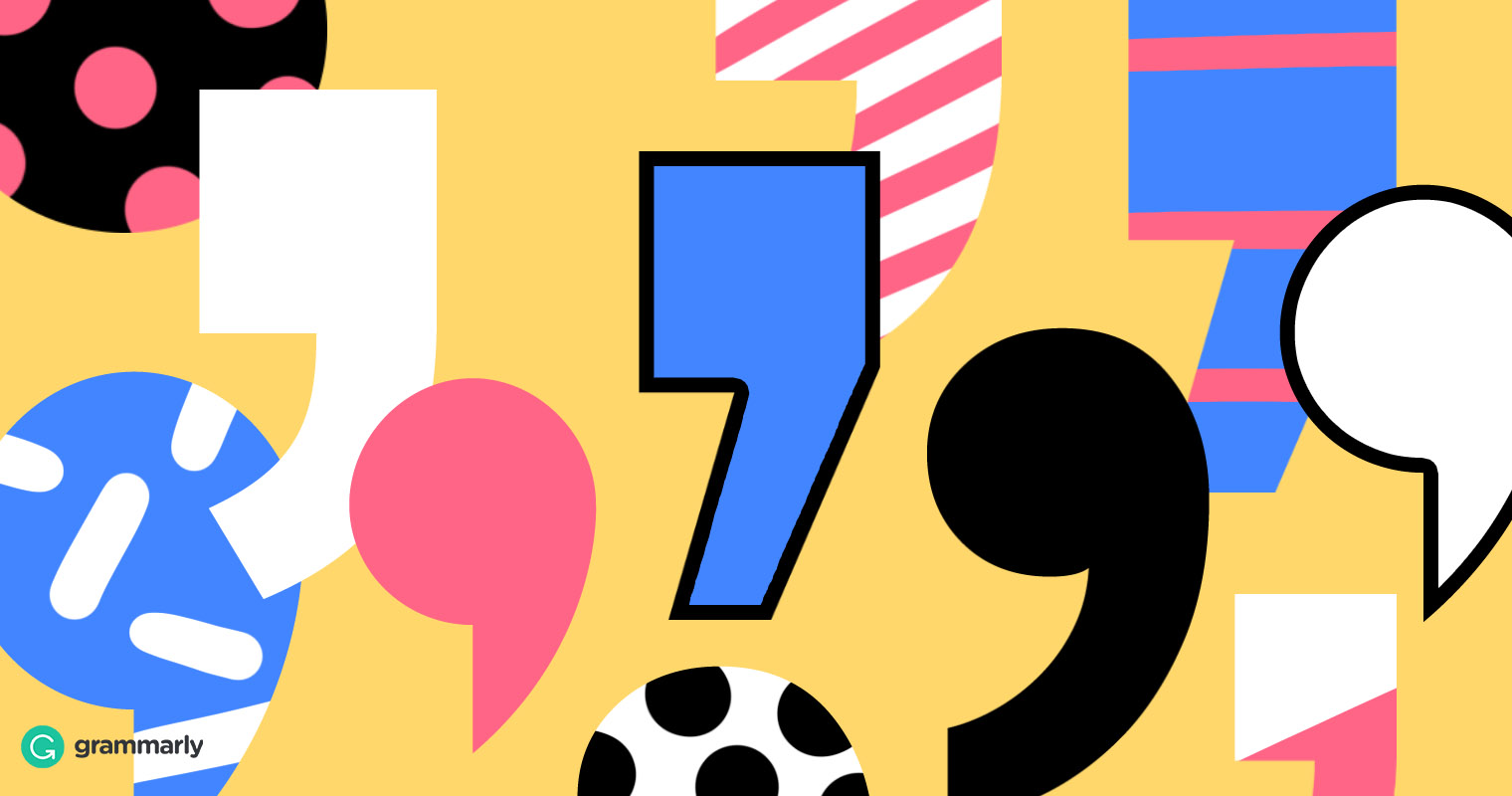


This Is How To Correctly Use Commas In Your Writing Grammarly



Comma Splice Ain T So Nice Learning Design By Paul G Moss



Does As Well As Need A Comma
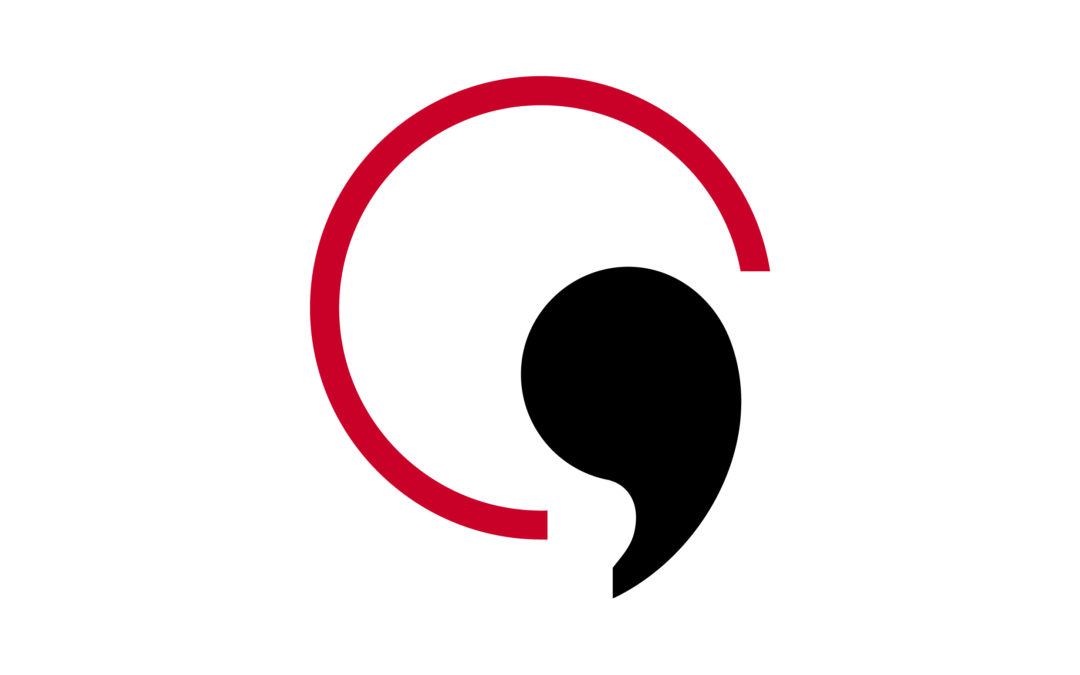


Commas With Names And Titles Simplified The Critical Reader
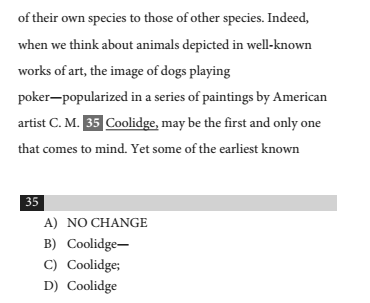


Sat Punctuation Tips For Commas Colons And Dashes


The Most Important Rules For Using Commas Without Looking Dumb
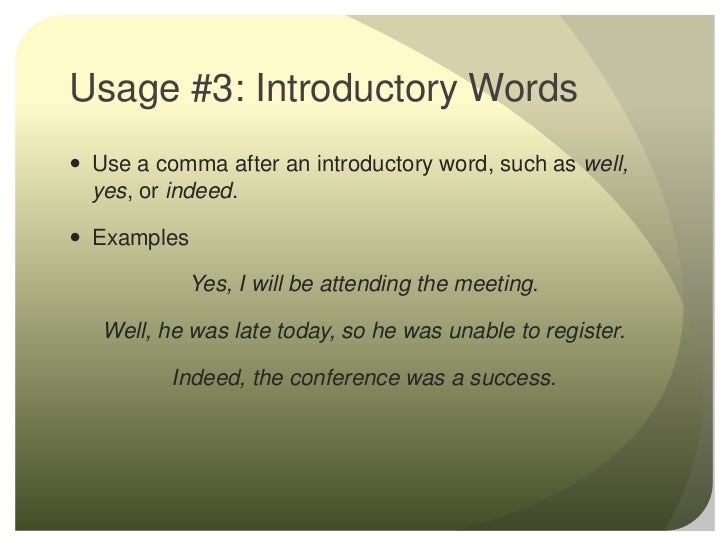


Comma Usages
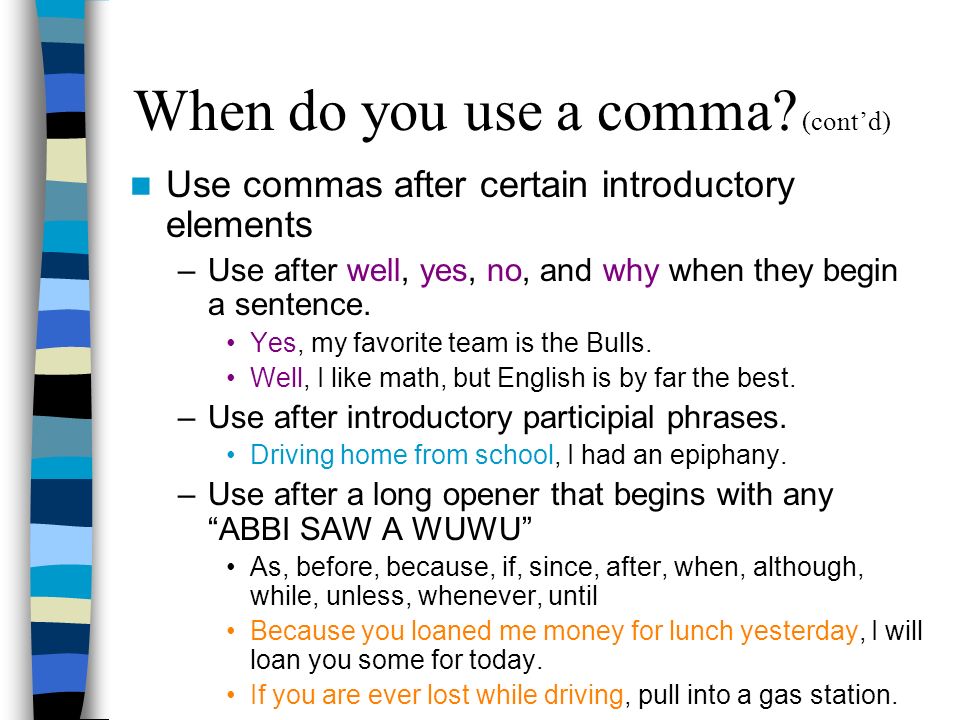


Commas And Semicolons How To Pause Ppt Video Online Download



Commas I What Is The Correct Use Of



Should I Use A Comma Before Since The Grammar Guide
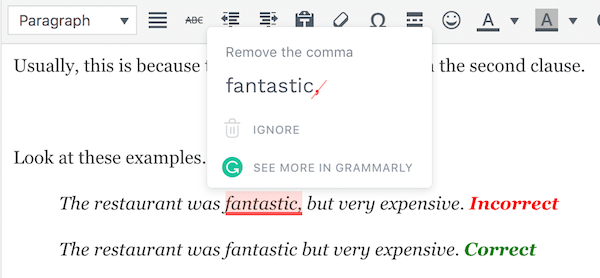


When To Use A Comma Before Or After But In Writing



Comma Helper Online Free Comma After Transition Words
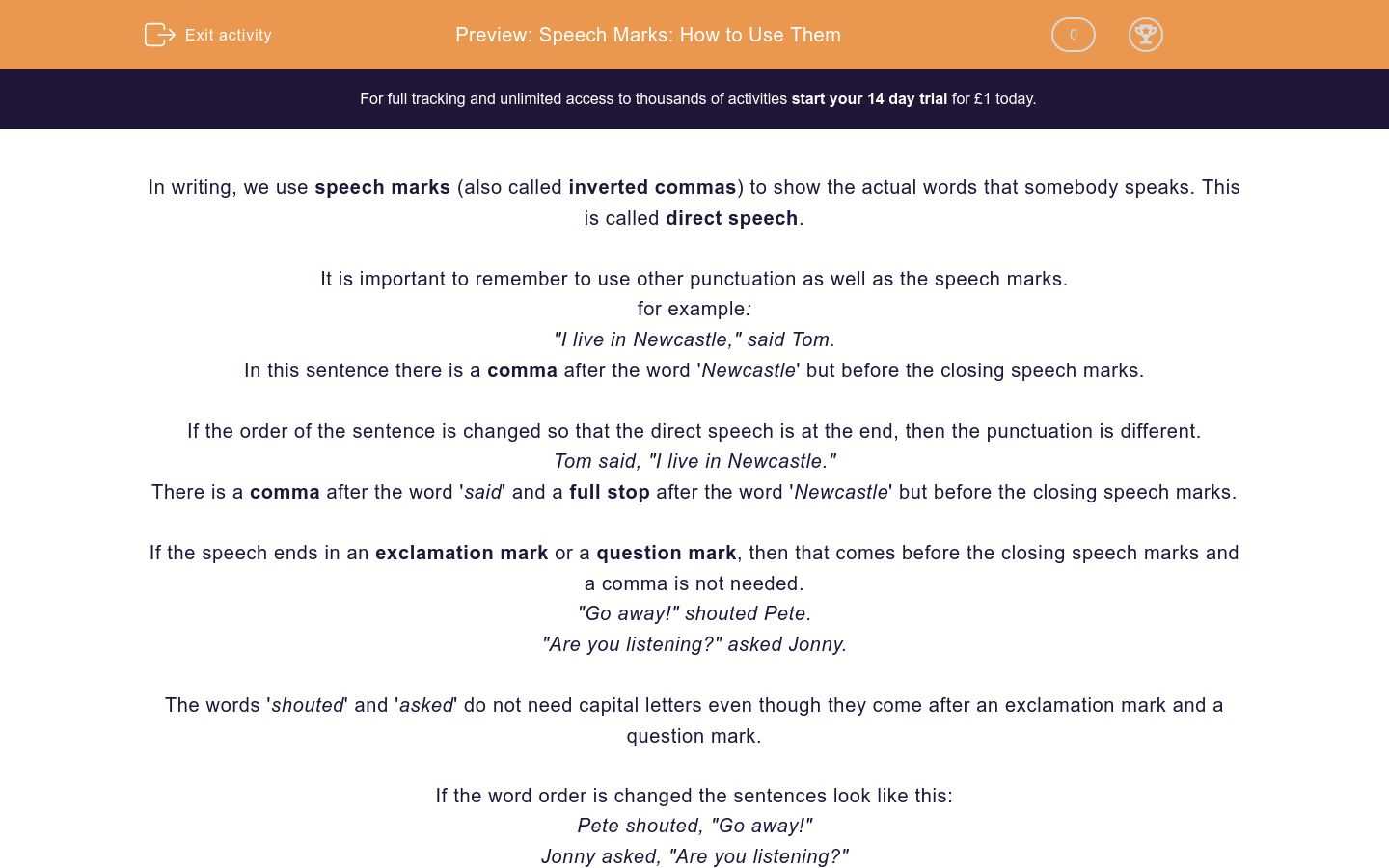


Speech Marks How To Use Them Worksheet Edplace



When To Use A Comma With Too Grammar Girl



Question Use A Comma Before Or After But Wordagents
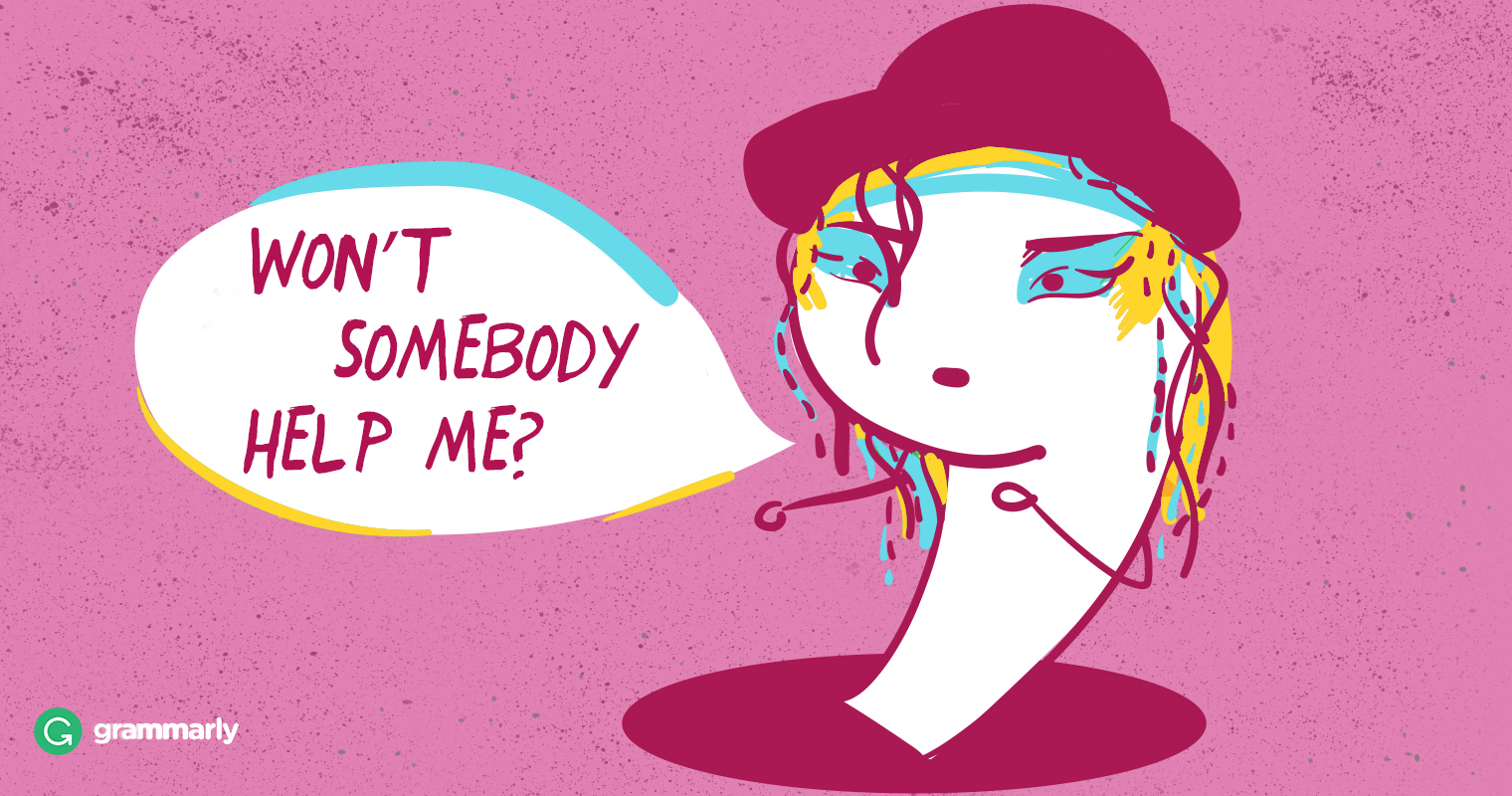


As Well As Comma Grammarly Blog



The Comma Comma Trauma Use Commas To Separate Three Or More Items In A Series A Series Is A Group Of Three Or More Items Of The Same Kind Ppt Download
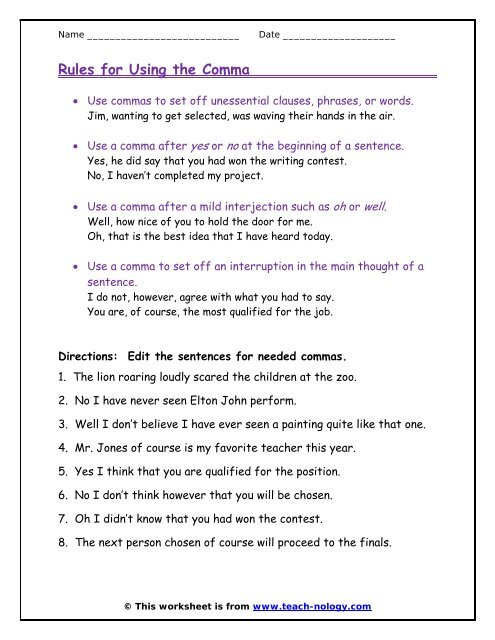


Rules For Using The Comma Teach Nology
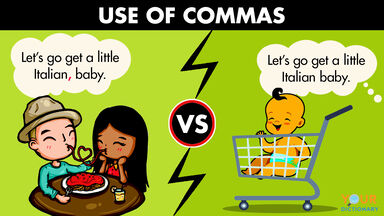


8 Times Commas Were Important


How To Use Commas For Clarity Mary Morel Online Writing Training
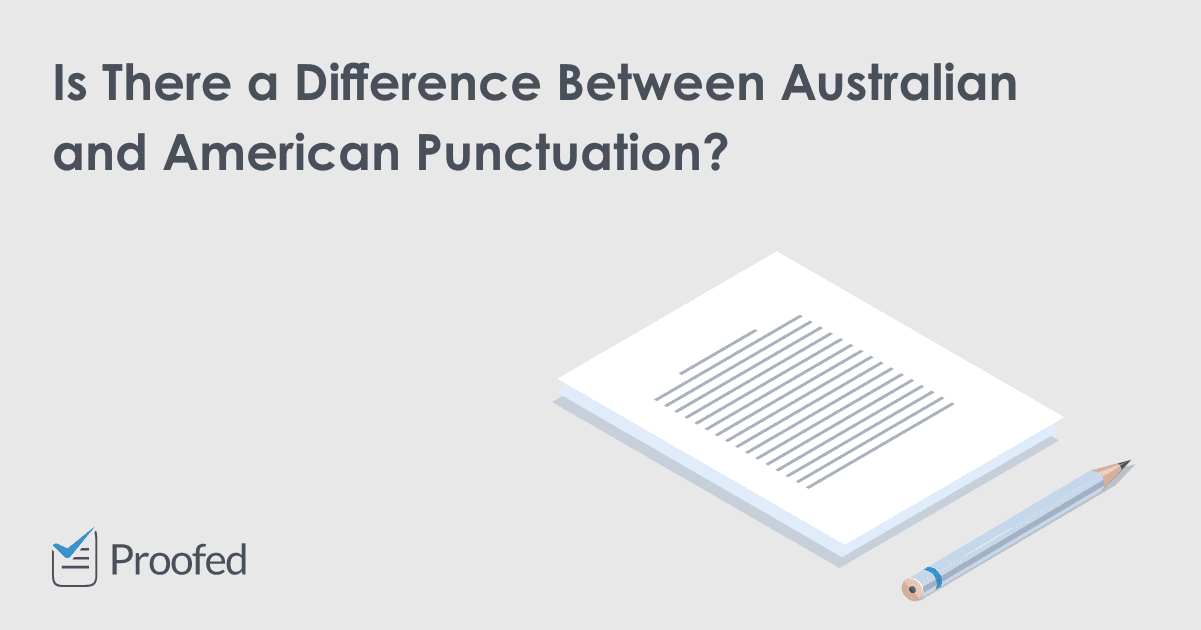


3 Differences Between British And American Punctuation
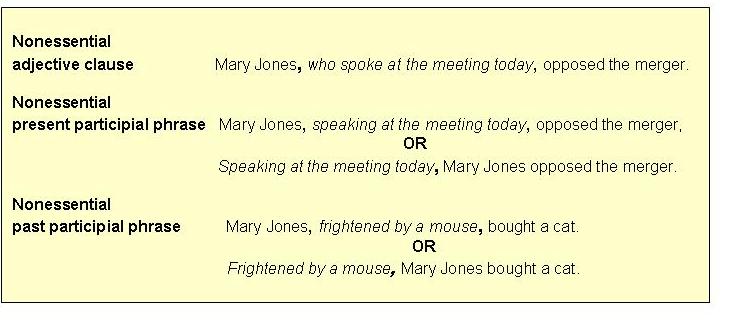


Commas
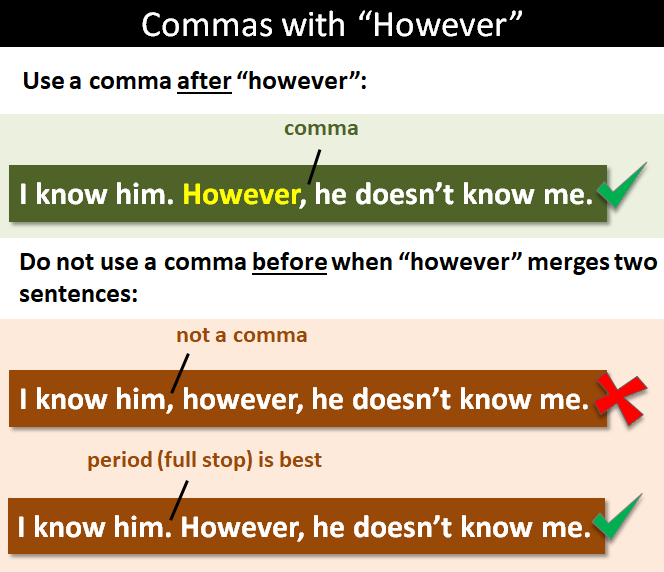


Commas With However And Other Transitional Phrases



Question Do You Need A Comma After Thank You Followed By Someone S Name Exception To Answers The Answers Statin This Or That Questions Writing Do You Need
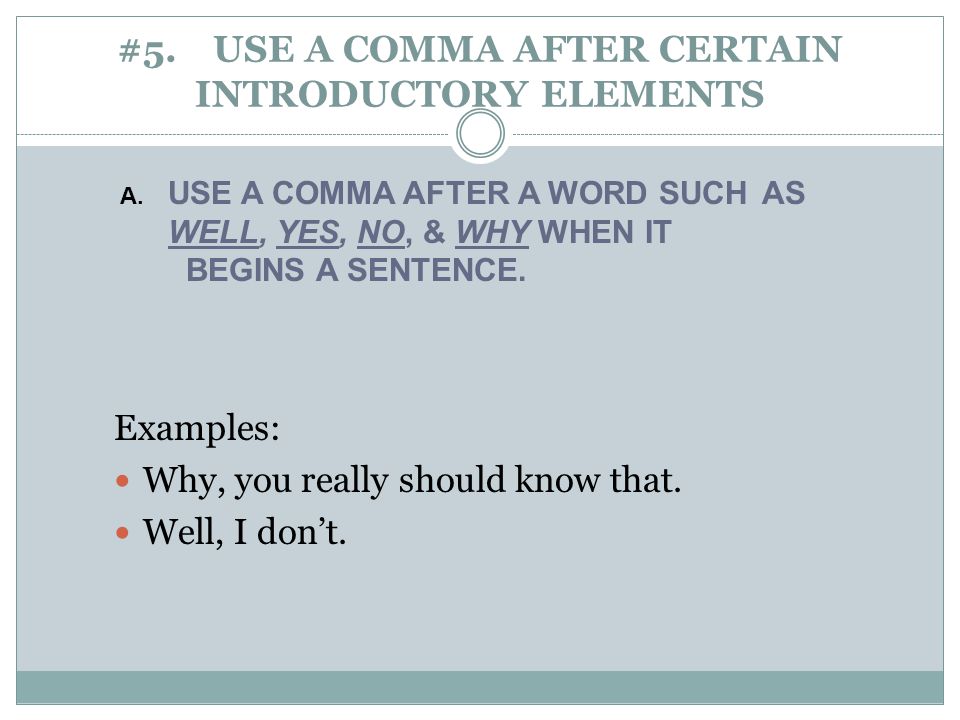


Comma Rules Ppt Download



Commas With Yes And No Video Lesson English Videos Videoclass



Fxuy Pages 51 100 Flip Pdf Download Fliphtml5


The Most Important Rules For Using Commas Without Looking Dumb
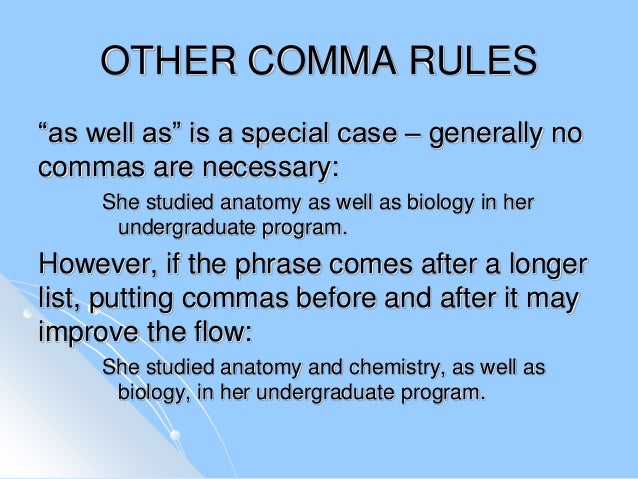


Masursky Writing Lecture Part 1 Building Blocks
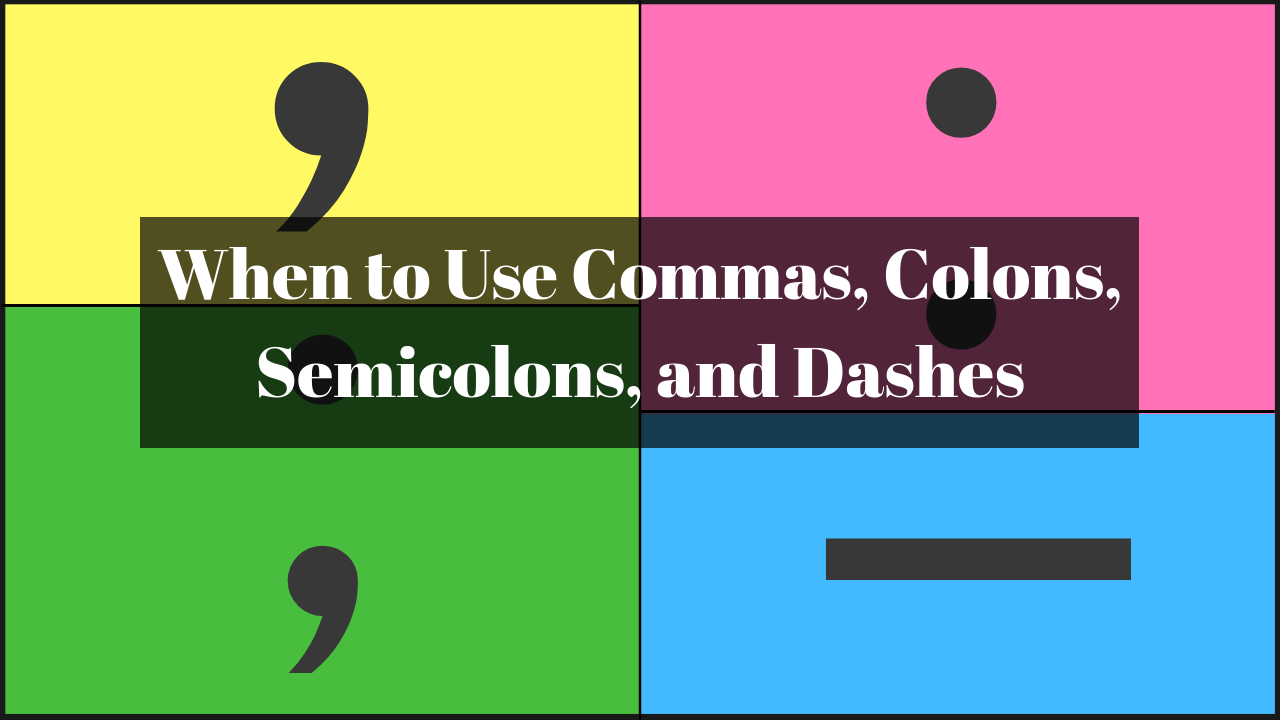


When To Use Commas Colons Semicolons And Dashes Wordvice
/RulesforUsingComma-5b209d0e1d64040037a65555.png)


The Comma In Punctuation
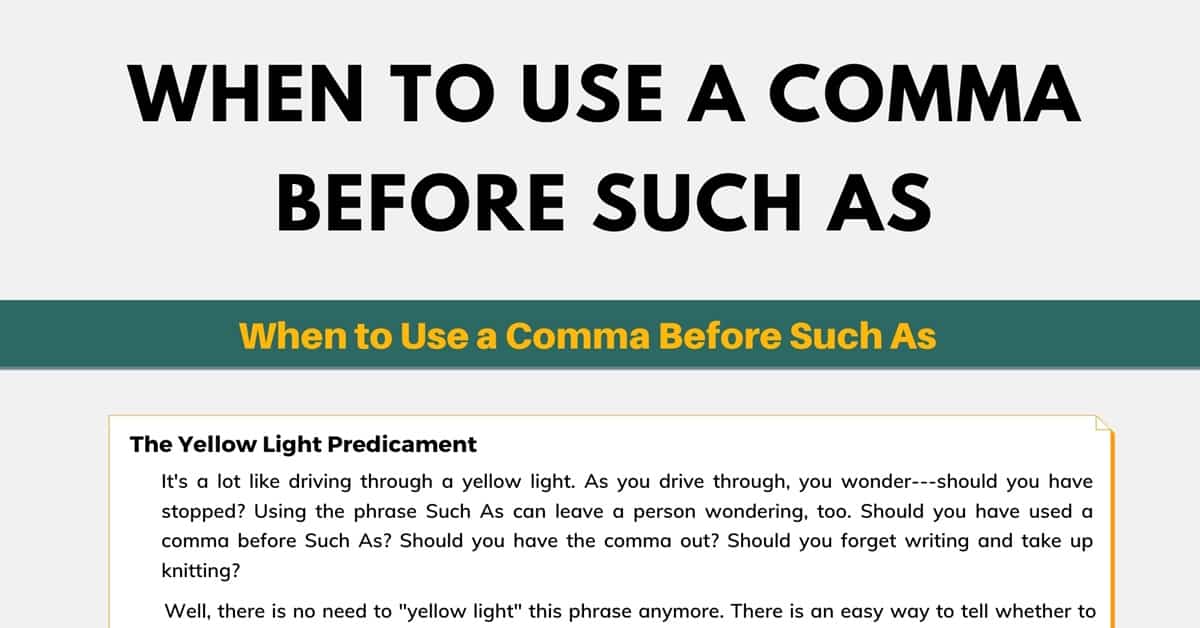


Comma Before Such As When To Use A Comma Before Such As 7esl


The Most Important Rules For Using Commas Without Looking Dumb



Mastering The Comma Tons Of Free Resources Writing Skills English Writing Skills Teaching Writing



Bad Fox Graphics Apologies There Should Be A Comma After Texas But That Also Means There Should Probably Be A Comma After Ohio Since The Sentence Continues Either Way 25thamendmentnow



Ross Guberman Su Twitter The White House S Opening Volley Stakes Out Key Positions 1 No Periods After Headings 2 Two Spaces After Periods 3 Yes To The Oxford Comma 4 Justified Right



Commas For Parenthesis
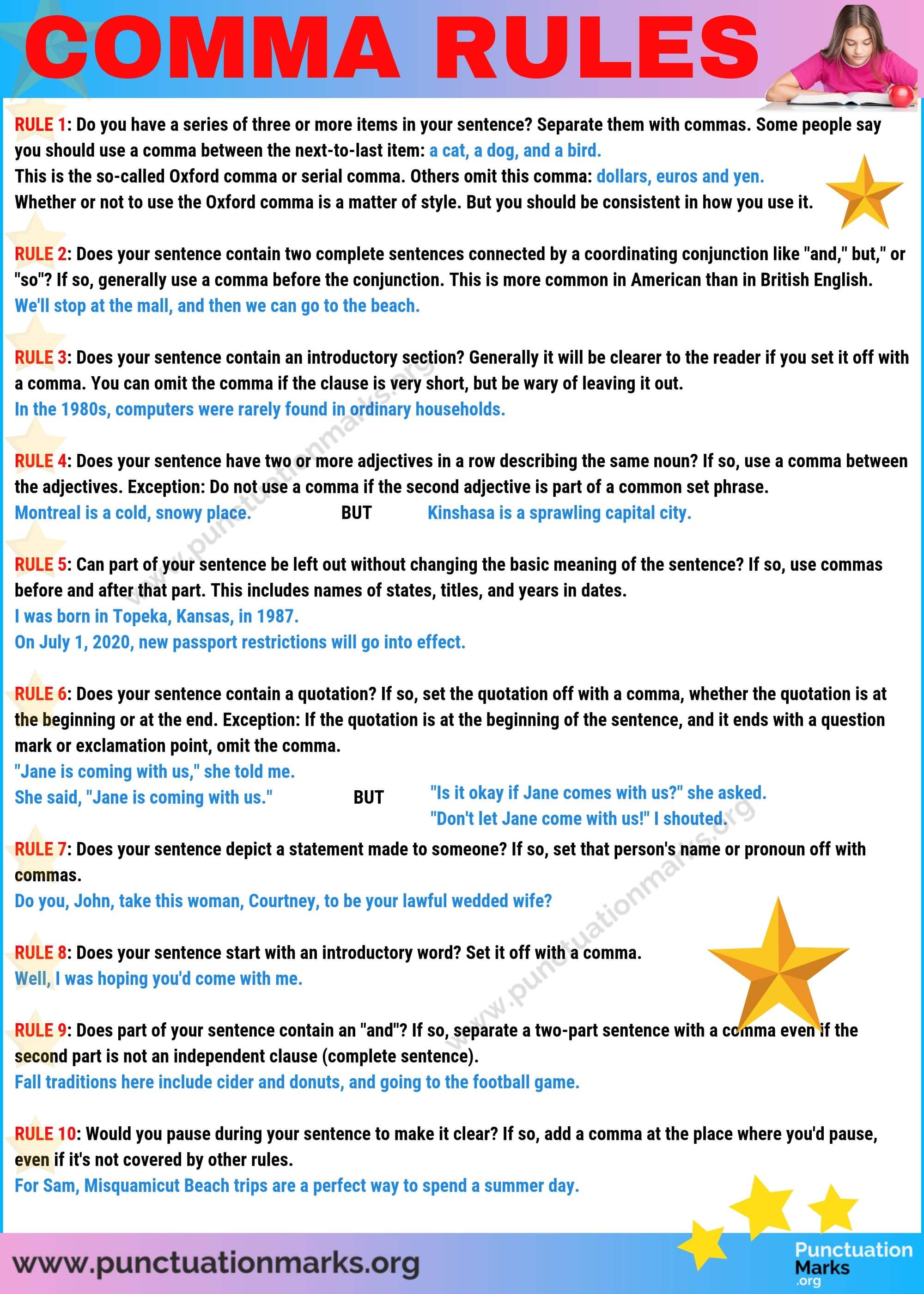


Comma When To Use Commas With Useful Comma Rules Punctuation Marks



How To Use Commas Greetings Closings Thesaurus Com



When To Use A Comma Thesaurus Com
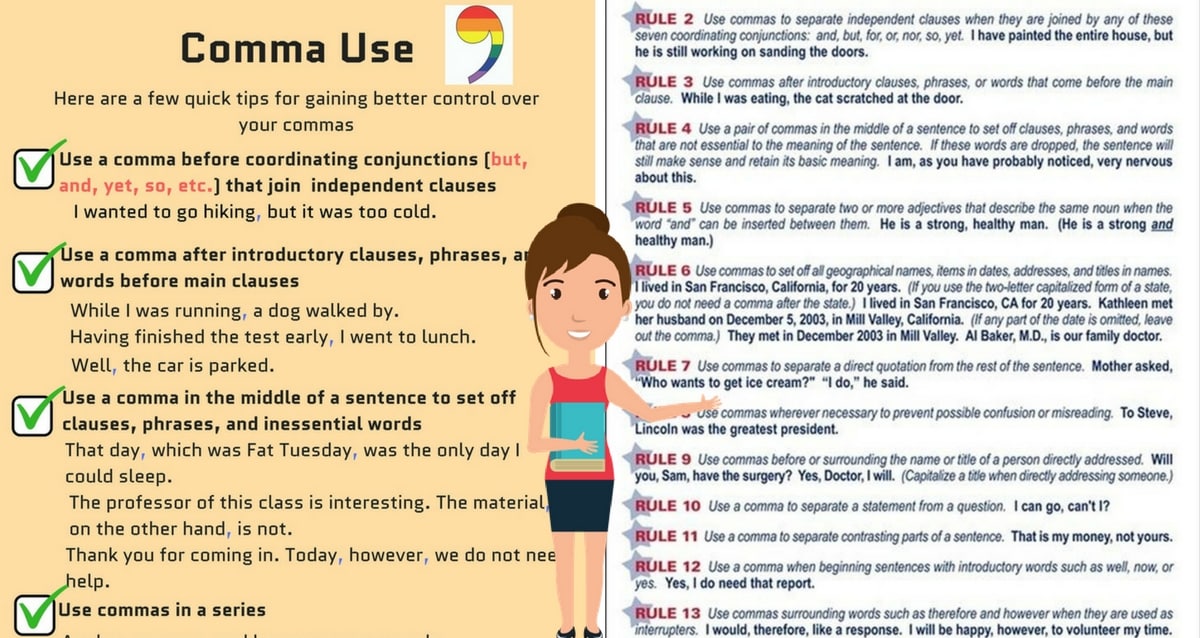


Comma Rules 8 Rules For Using Commas Correctly Eslbuzz Learning English



Is There A Comma After But Oupblog



Oxford Comma What Is An Oxford Comma
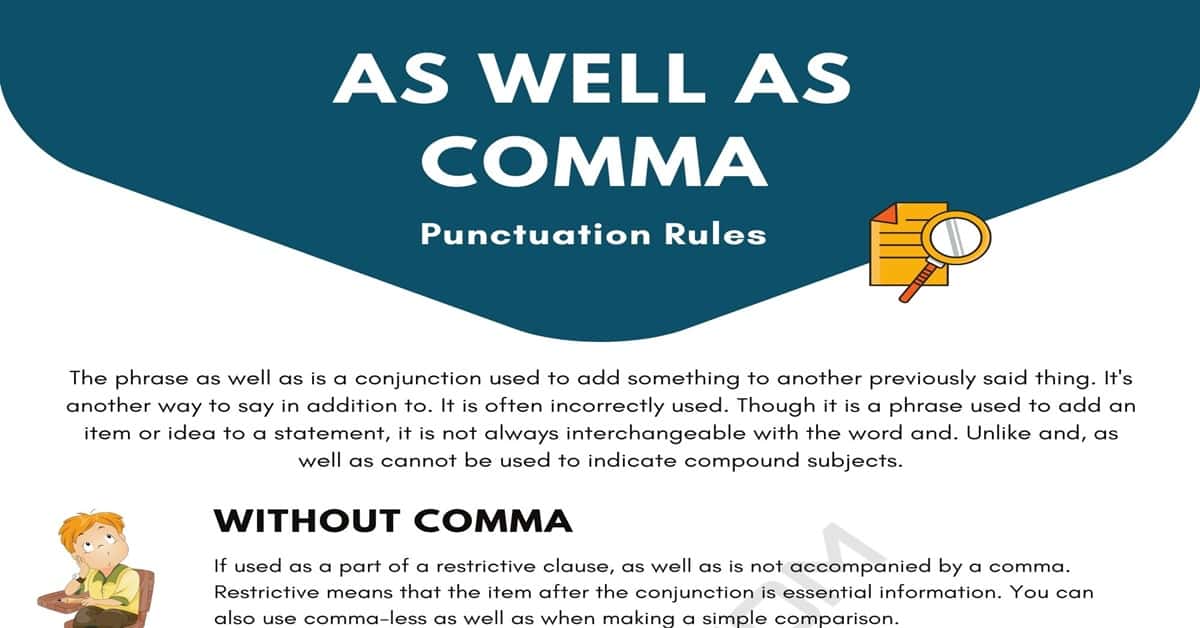


As Well As Comma Does As Well As Need A Comma 7esl



Should I Use A Comma After An Introductory Adverb Like Apparently The Grammar Guide



Slides Show



What S The Deal Y All Stumped The Correct Answer Adds A Comma After Barnard And A Comma After Writing Why Is This Right Wouldn T It Be A Comma Splice Act



When To Use A Comma 10 Rules And Examples
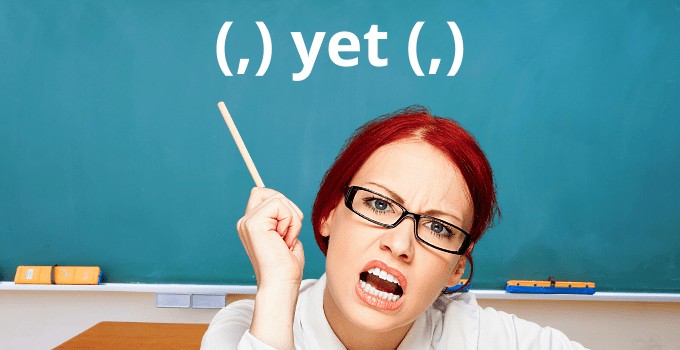


Comma Before Or After Yet Rules Examples



Commas In Lists
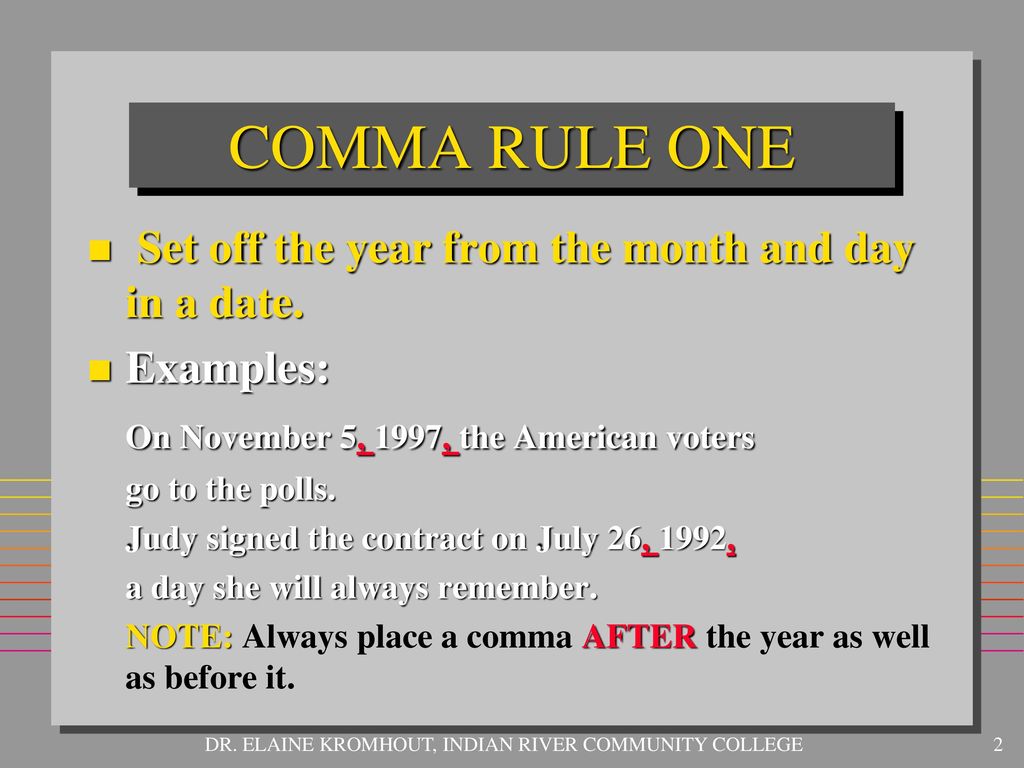


Commas Control Meaning Learn The Comma Rules Control Meaning Ppt Download



The Oxford Comma And Why We Argue Over Grammar



Comma After A Fronted Adverbial
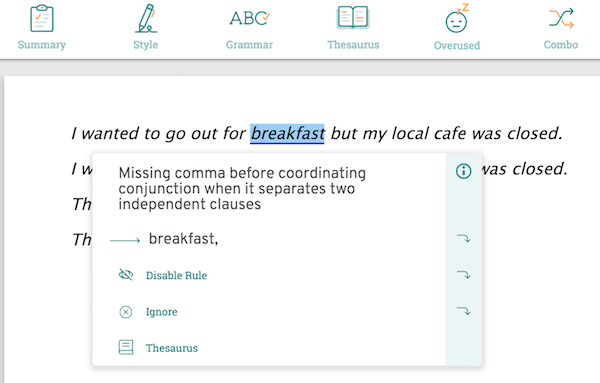


When To Use A Comma Before Or After But In Writing



Test English Prepare For Your English Exam



Commas And Introductory Elements Video Khan Academy



Comma After Thank You The Definitive Guide



Comma Rules Comma Language Mechanics



Is There A Comma After But Oupblog
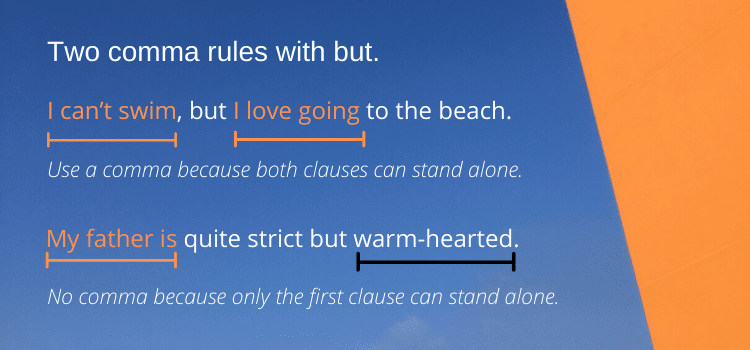


When To Use A Comma Before Or After But In Writing
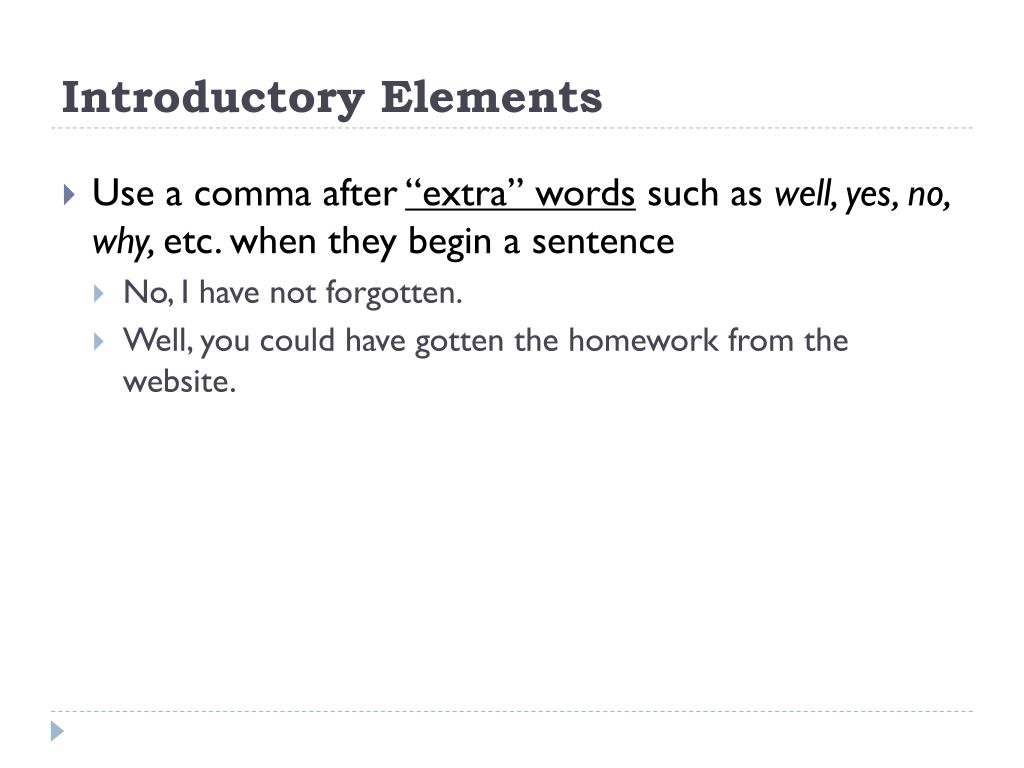


Ppt Commas And Semicolons Powerpoint Presentation Free Download Id



Everything You Need To Know On How To Use Commas In A Sentence
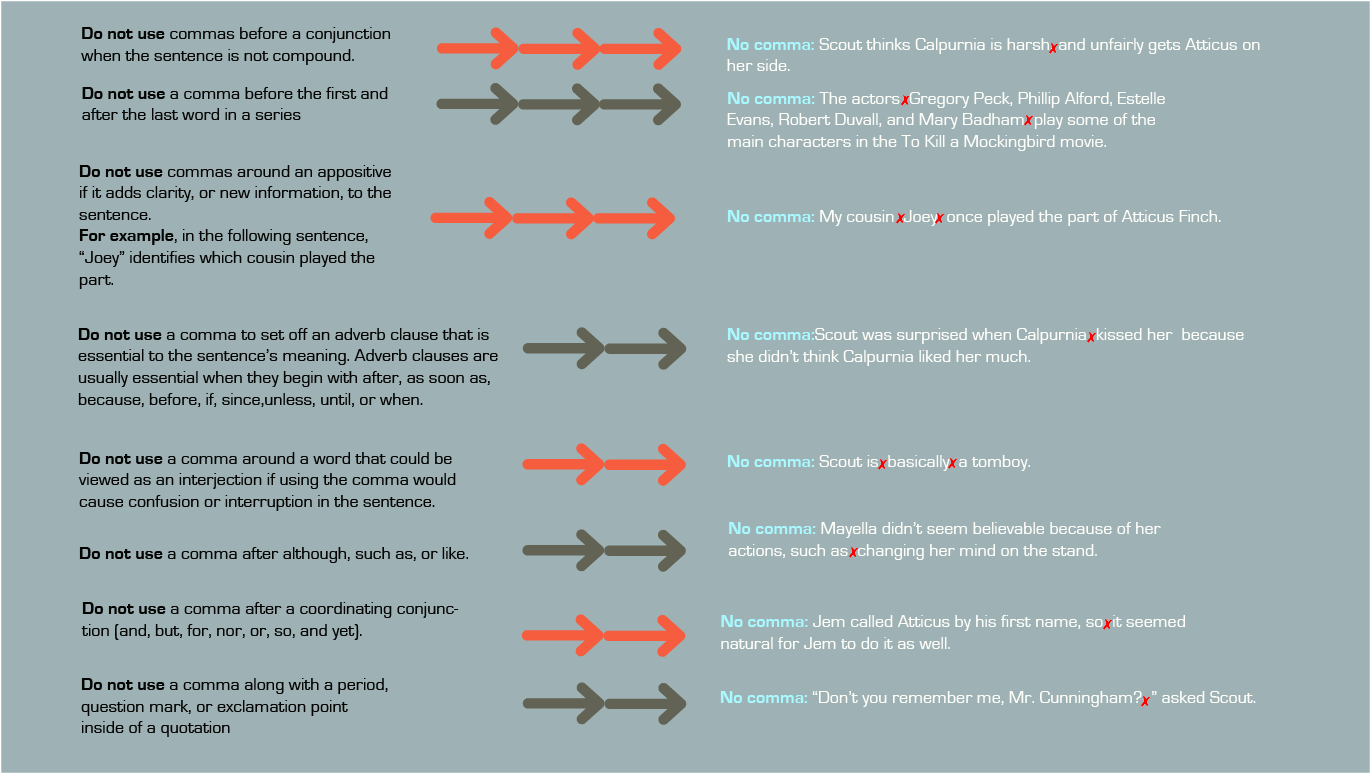


P2 Avoiding Unnecessary Commas Mytext Cnm



As Well As Meaning Comma Usage Example Sentences Video Lesson Transcript Study Com



0 件のコメント:
コメントを投稿